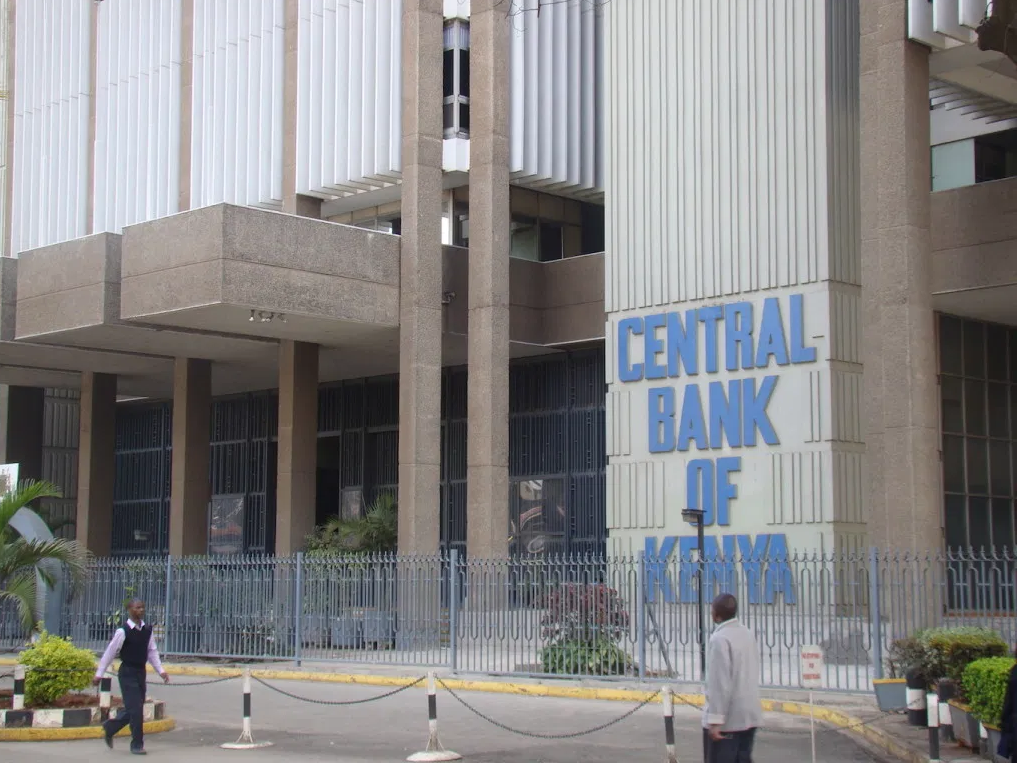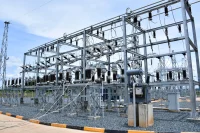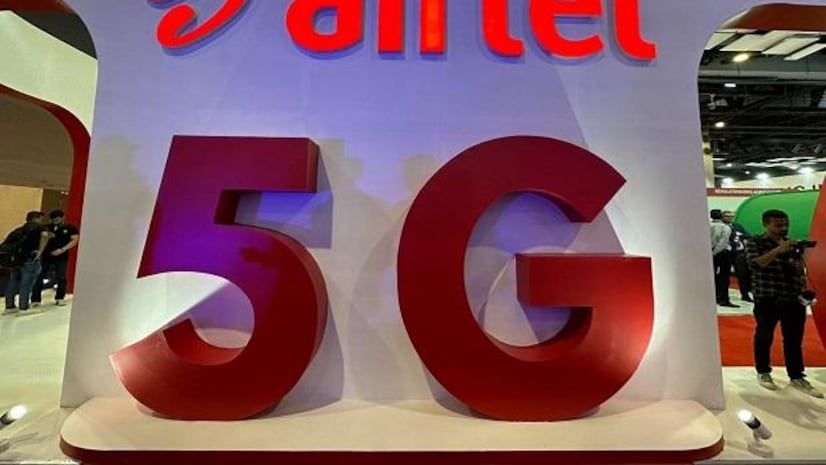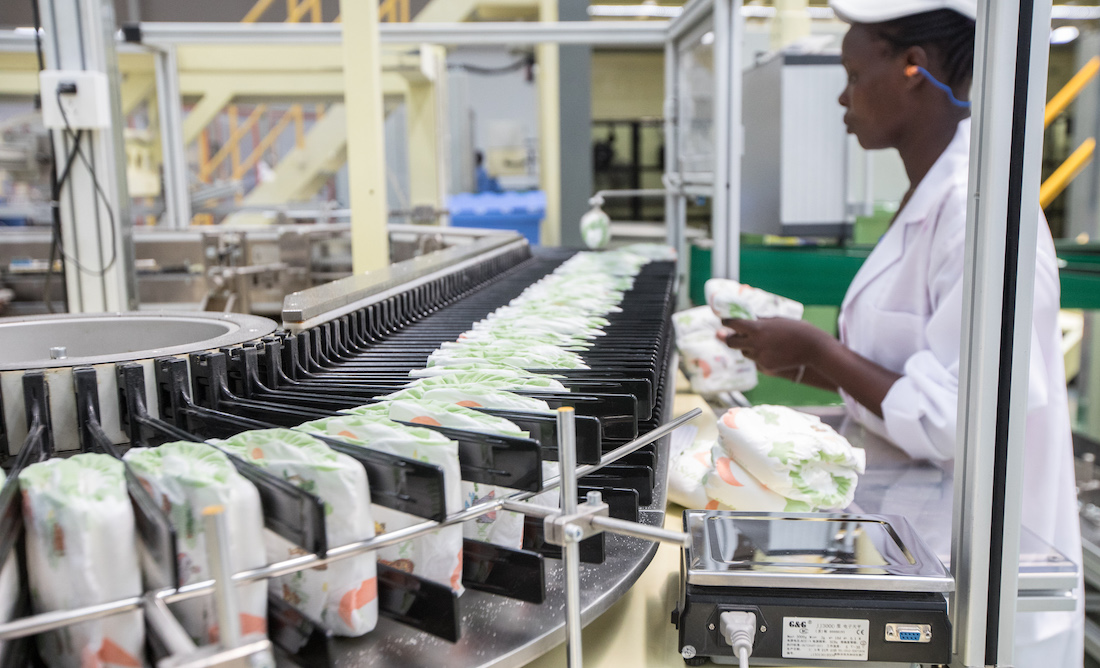Over the past two decades, Kenya has witnessed a remarkable evolution in its digital landscape, ushering in a transformative era of technological advancement. The journey began with simple flip feature phones, with barely 10% penetration in the early 2000s. A 2022 report by Kenya National Bureau of Statistics (KNBS) now reveals that almost half the population currently owns mobile devices.
Widespread mobile connectivity has laid the ground for expanding digital services and innovation in various sectors. With the growth of the internet and the emergence of 3G and 4G networks, there has been increased access to information, sparking the development of e-commerce platforms and digital marketplaces, providing opportunities for businesses to reach broader audiences and consumers to access a wide range of products and services conveniently across the globe.
The government, also recognizing the significance of a thriving digital economy, has taken bold steps to support its growth in the country. That has happened through the deployments of various initiatives such as the Digital Master Plan (2022-2032), Constituency Innovation Hubs, and National Broadband Strategy, just to name a few.
The government has made progress in enhancing ICT infrastructure development, fostering innovation, and deepening the sector’s contribution to overall socio-economic growth.
As the 5G network gains traction in Kenya, it opens up limitless possibilities for the telco industry and the digital sphere, revolutionizing how we live, work, and do business as a society.
How 5G will change the way we live
5G is the fifth generation of mobile networks, which boasts the ability to deliver faster data transfer speeds, lower latency, and higher bandwidth bringing with it the promise of better reliability than its predecessors.
With ultrafast speeds, 5G offers significantly faster download and upload speeds, up to multi-GigaBits per second (Gbps). This means users can now enjoy seamless streaming of high-definition video content, quick file downloads, smoother online gaming experiences, and real-time high-quality video calls without buffering delays.
Undoubtedly, the fast and reliable speeds that 5G brings will also tremendously impact the remote work model that the Covid-19 pandemic forced upon us in 2020. Professionals will be able to collaborate and participate in virtual meetings in an improved and transformed way, utilizing the game-changing Virtual Reality and Augmented Reality technologies.
Boosted productivity, increased work flexibility, and improved work-life balance are inherent in 5G, eventually leading to cost savings for businesses.
See Also >> Kenya’s Digital Transformation Needs Security
Another impressive feature of 5G is its ultralow latency. By reducing the time it takes for data to travel between devices and the network, 5G will enable near-instantaneous communication, enhancing real-time communication. This will revolutionize key sectors such as healthcare and education, enabling equal access to all.
In healthcare, for instance, 5G technology can enable remote consultations, remote monitoring, and real-time collaboration between medical professionals, leading to improved healthcare outcomes and reduced healthcare costs. For example, take a case where a surgeon cannot be physically present in a surgery room, yet their input is vital. The surgeon can still offer remote surgery assistance, guiding and controlling surgical instruments in real-time, thus, saving a life.
5G network can support massive machine-to-machine communication ensuring real-time data exchange and coordination.
In the education sector, 5G technology is set to enable immersive learning experiences through Augmented Reality (AR) and Virtual Reality (VR), providing students with access to educational resources and experiences that were not possible before. In other words, this means that a student in Marsabit County, Kenya, with access to the right devices, can now attend a lecture at Melbourne University, Australia, in real time.
Further, because 5G networks can support a significantly larger number of connected devices simultaneously compared to previous generations, the expansion and evolution of Internet of Things (IoT) technology is imminent. This, in time, will increase the feasibility of initiatives geared towards improving urban planning and developments by the government.
Read >> Why HR Professions Need Foreign Certification
Smart Cities, for example, will become a realistic possibility by utilizing a network of connected devices, such as traffic sensors, surveillance cameras, and environmental monitors, to improve the quality and way of life of citizens.
Moreover, since the 5G network can support massive machine-to-machine communication ensuring real-time data exchange and coordination, smart factories might be here with us soon. Consequently, this will mean improved efficiency, optimized production processes, and lessened human interventions in industries like manufacturing, supply chain, and logistics leading to cost savings and higher production in the sectors.
Airtel Kenya’s innovation
Driven by continuous evolution, at Airtel Kenya, we strive to remain at the forefront of innovation by investing in research to create unique and affordable products that cater to all our customers’ diverse needs and demands. Our primary goal is to transform the digital ecosystem in Kenya and contribute to bridging the digital divide in Africa.
As evidence of our dedication to this mission, we recently launched the Airtel 5G network. With over 370 active sites in the country in 16 counties and 180 wards, we want to expand digital connectivity and inclusivity.
See >> This Is How Professional Associations Can Help SMEs
While 5G deployment stands as one of the most revolutionary technological advancements of our time, it is imperative to acknowledge the various associated risks and security concerns, such as cyber security threats, data privacy concerns, and infrastructural vulnerabilities, among others, as highlighted in the 2022 report by World Economic Forum.
Therefore, sustained collaboration between network operators, the government, research institutes, academia, and other stakeholders is crucial to mitigate these challenges. Together, they can ensure adequate infrastructure development in Kenya and across Africa while providing users with peace of mind regarding its safe and secure usage, ultimately contributing to a steady uptake.
Ashish Malhotra is Airtel Kenya Managing Director.













Leave a comment